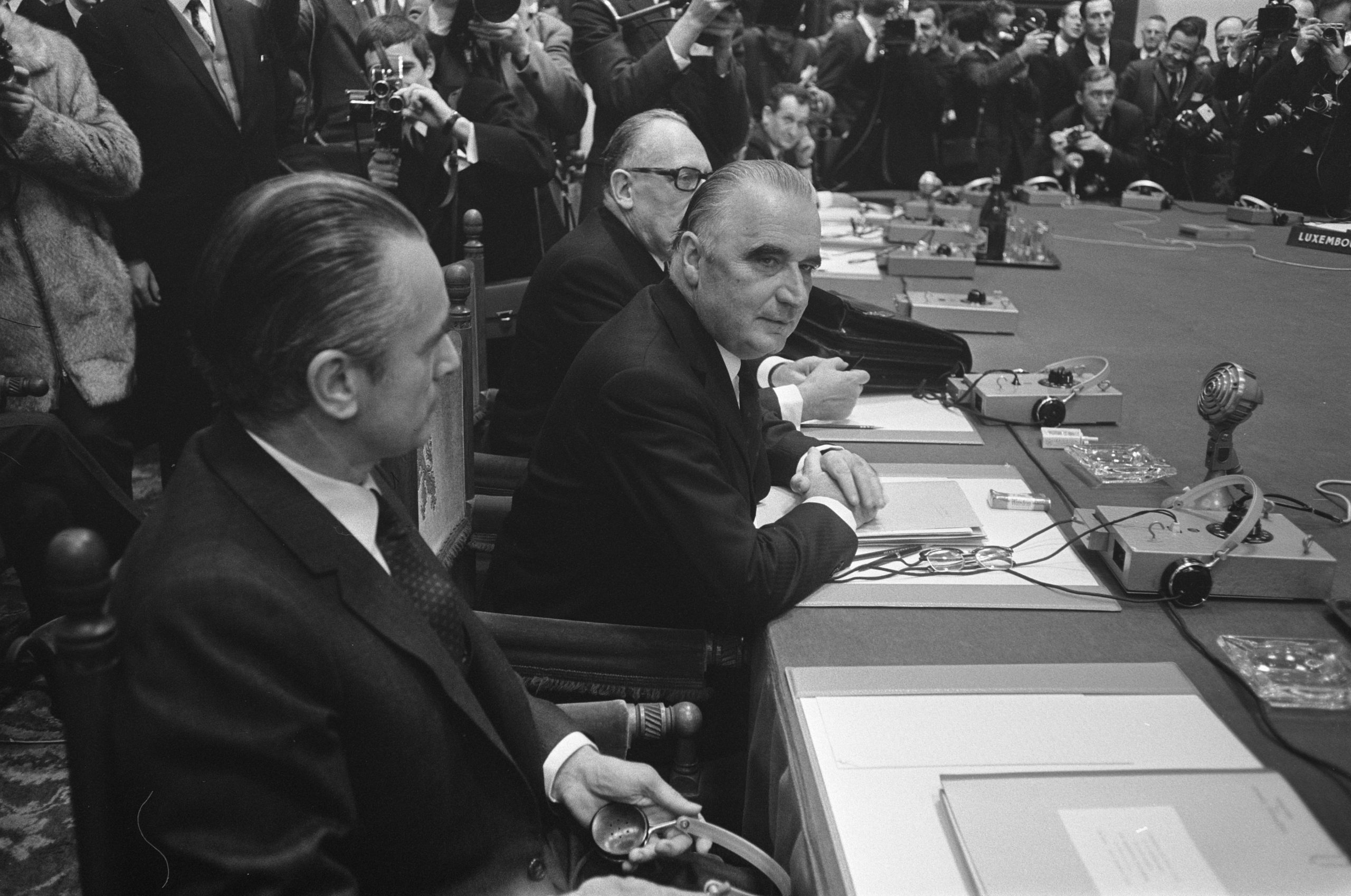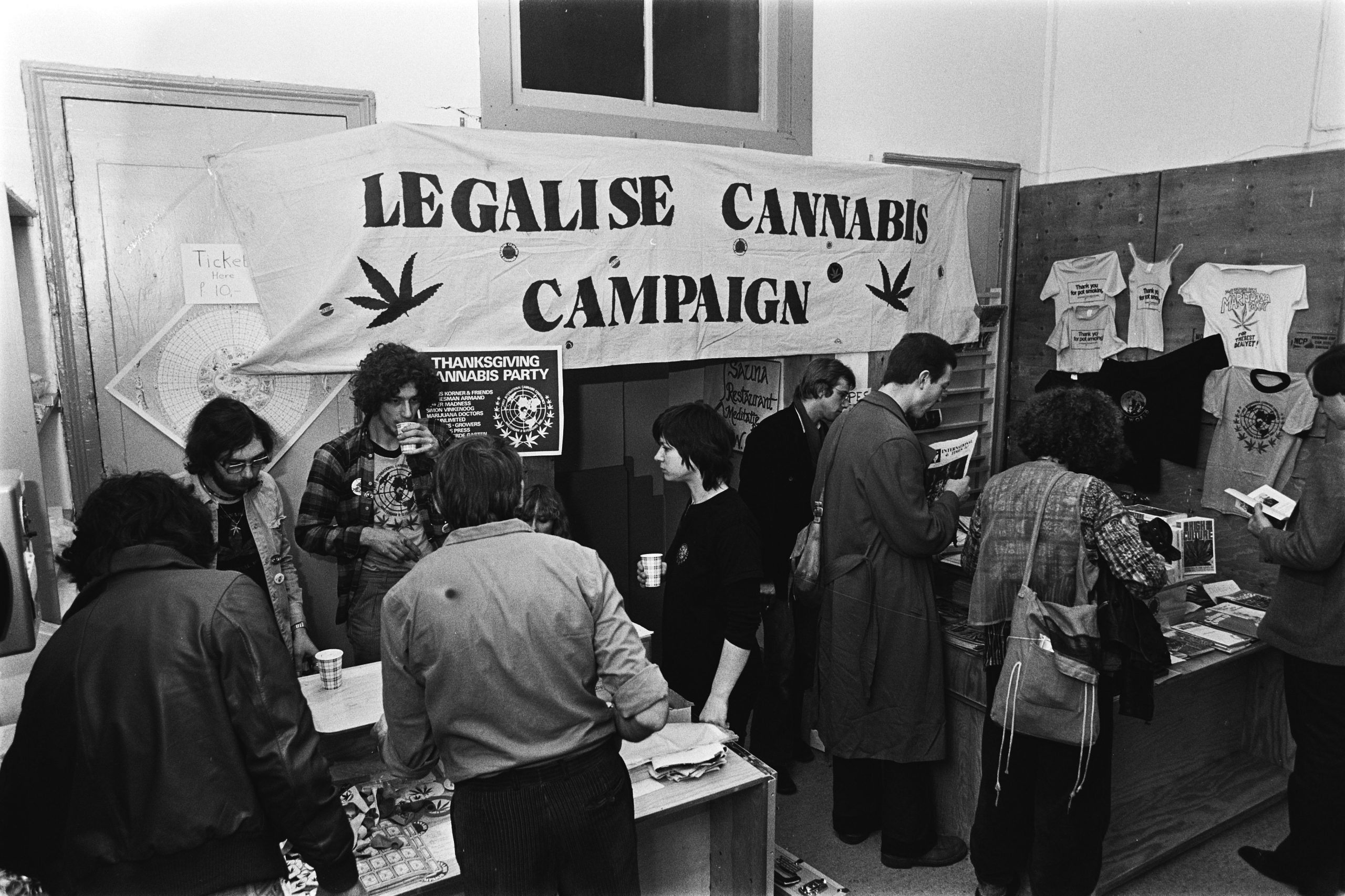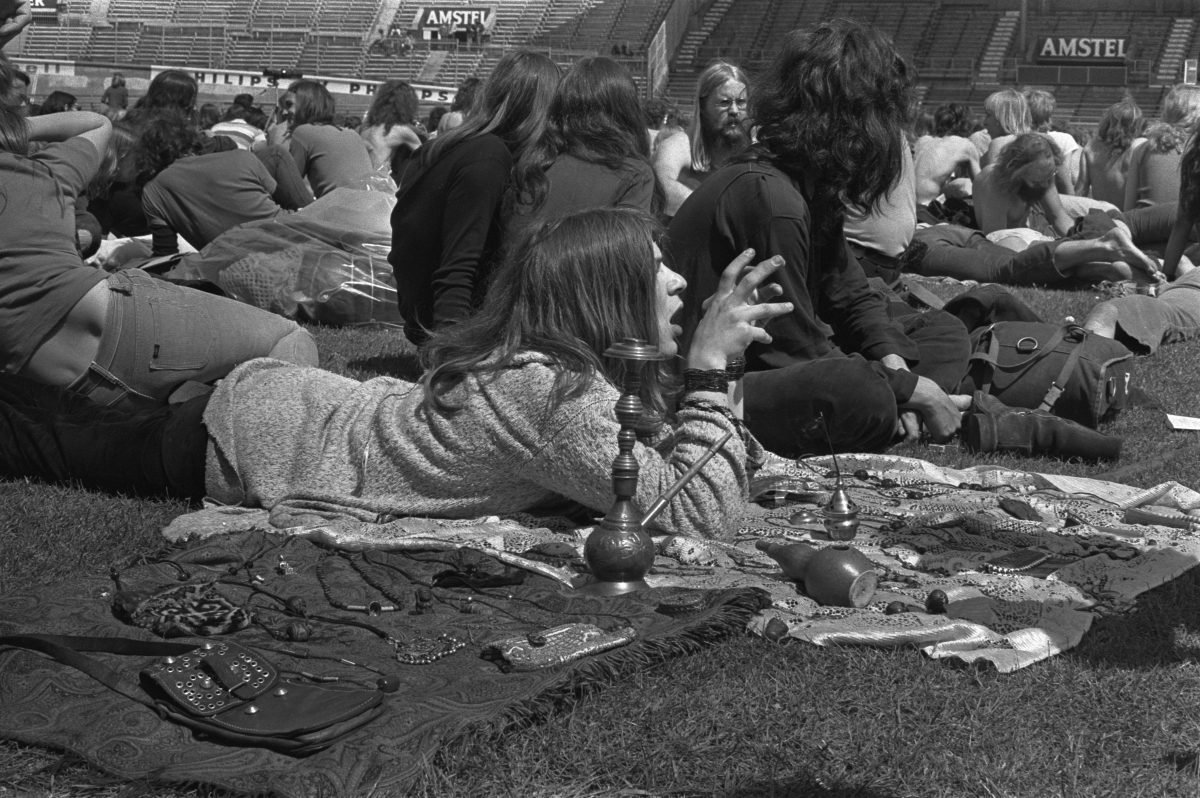This post is also available in: Português (Portuguese (Brazil))
Some would call the Netherlands “drugs paradise.” The Dutch approach towards the consumption and trade of drugs has yielded the country a stereotypical image of a too liberal nation. How did this image develop, and to what extent has it influenced Dutch drug policies? European countries have criticized drug policies in the Netherlands, and the impact they (may) have on their national grounds. But why, when, and how did European countries decide to develop a joint policy to tackle drug use and trade? And to what extent have these European debates contributed to Dutch stereotyping?
I answered these questions in a recent historical research project. By reconstructing and analyzing Dutch and European political debates on drug policies in the 1970s. At that time, the first European collaboration around drug policies took place, with the creation of the Pompidou Group. Drug use and trade were slowly increasing in European countries, and governments tried to develop shared ways of understanding and tackling the new phenomenon.
That was not an easy task! Countries had different understandings about what consisted of a problem regarding drug use and pushed for different solutions and policies as well. The chapter “Controlling drugs in Europe” brings to light these early debates, showing how European countries framed drug use and trade and how these frames evolved during the 1970s to trigger drug regulations. The exciting bit is that not only drug use, dependence, or related criminality triggered drug policy regulations. Other factors, like curbing youth protests, protecting commercial agreements, and managing international pressure, were important in shaping the first steps of European drug control. Drug policy, after all, is not only about drugs.

These early debates showed as well that countries with dissonant approaches, when compared to other European counterparts, suffered political pressure and stereotyping. That was the case for the Dutch. We commonly tend to blame the Dutch policy on cannabis and the (in)famous coffeeshops for the leniency stereotype. That is not correct. The paper “Drugs paradise” describes how the Netherlands was considered a “drug paradise” in European political debates long before allowing the controlled purchase of cannabis. The image of hippies sleeping in parks in Amsterdam in the early 1970s contributed to that. Most shocking for some European counties, however, was the Dutch attitude towards drugs in political debates: free of panic and focusing on social integration of drug users and normalization of drug use rather than stigma and punishment. The Dutch framed the drug problem and solutions for it in different colors when compared to their European counterparts. For some, that was difficult to grasp.

Surprisingly, it is not that the free-spirited Dutch did not care about their stereotype of a “drugs paradise.” They were concerned about it and took more conservative political positions already in the 1970s to fight the stereotype. Contrary to the images of leniency, what we see in the 1970s is that both lenient and strict approaches towards drugs were present in the Netherlands. Rigid forces came from international pressure but also triggered a few national voices that supported less tolerant attitudes.


